How to Build Marketing Team That Will Drive Growth for Your Business
October 16, 2023 2023-10-09 13:47From established giants like Tata and Reliance to emerging startups like Zomato and OYO, Indian brands understand the importance of marketing in today’s competitive world. Building a marketing team from scratch that not only meets but exceeds your goals is crucial for sustaining growth and staying ahead. But, how to build marketing team?
Building a marketing team from scratch entails assembling a group of individuals with diverse skills and talents who are collectively responsible for promoting your brand, products, or services to the target audience.
This team is instrumental in devising and executing marketing strategies that drive brand awareness, engage customers, and ultimately boost sales. Hire individuals with the necessary skills and provide training to enhance their capabilities. Look for candidates who have a passion for marketing and are adaptable to change. From recruiting the right talent to utilising the latest technologies, we’ll cover essential strategies to help you create a powerhouse marketing team that drives results.
Why is Building a Marketing Team Important?
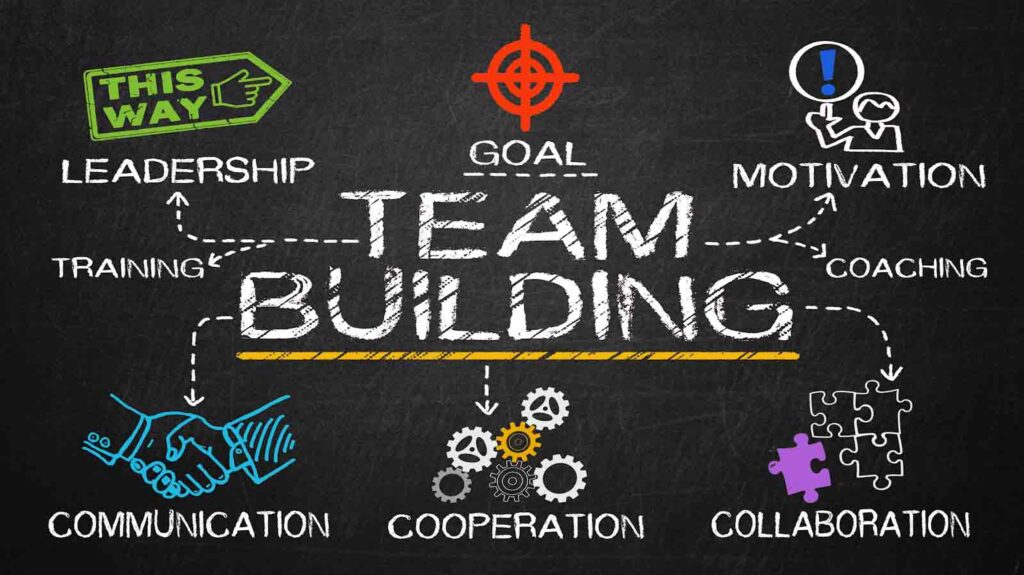
Building a marketing team is crucial because it fosters innovation and creativity. Indian e-commerce giant Flipkart is a prime example of this. By assembling a team of innovative thinkers, they were able to develop pioneering strategies like ‘Big Billion Days’ that disrupted the market and led to substantial sales growth.
A diverse team brings fresh perspectives and creative ideas to the table, pushing the boundaries of what’s possible in marketing. In the ever-evolving landscape of digital marketing, adaptability and agility are essential.
Ride-hailing service Ola is a shining example of a marketing team that stays ahead of the curve. They constantly adapt their strategies to changing consumer preferences and market dynamics. A nimble marketing team can pivot quickly when needed, ensuring that the brand remains competitive and relevant.
10 Effective Strategies to Build Marketing Team
A marketing team is the engine that drives a company’s growth. It’s essential to approach the process of building this team with precision and strategy. To get started, here are the first two crucial steps:
1. Define Clear Objectives
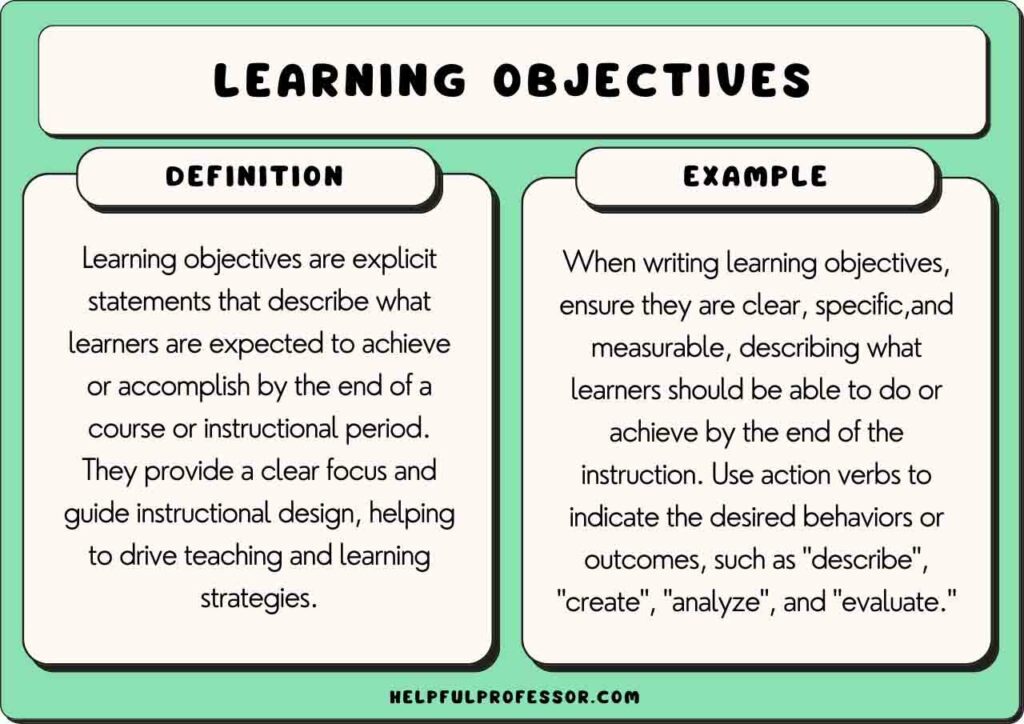
Before assembling your marketing dream team, you need to have a crystal-clear vision of what you want to achieve. Your marketing objectives should align with your overall business goals.
For instance, if you’re an e-commerce brand looking to expand your reach in the Indian market, your marketing objectives might include increasing website traffic, improving conversion rates, and enhancing customer engagement. Indian brands like Flipkart are excellent examples of setting clear objectives.
Flipkart, India’s leading e-commerce giant, has set its sights on becoming the country’s most trusted and customer-centric e-commerce platform. They achieved this by focusing on delivering exceptional customer service and building trust through transparent policies.
2. Identify Core Competencies
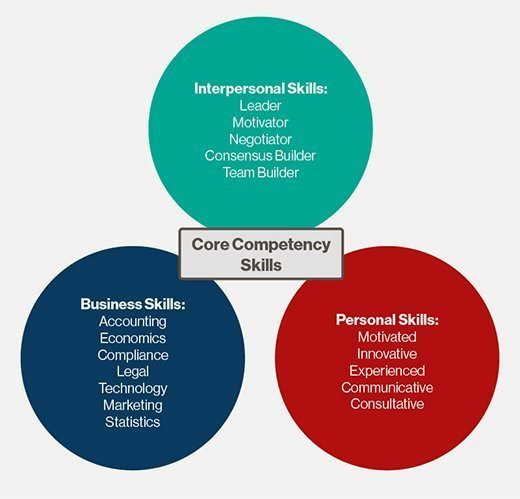
Finding your organization’s core competencies is identifying the precise talents, knowledge, and abilities that set it apart from rivals. These qualities and strengths are what make you successful on a personal level.
They can include a variety of skills, including technical know-how, superior customer service, creative problem-solving, and effective project management.
An organisation can use these core skills to establish a competitive edge, concentrate on strategic goals, and allocate resources efficiently by clearly defining and comprehending them. In doing so, the organisation positions itself for sustained growth and success in its particular industry.
3. Hire the Right Talent

A crucial fundamental skill for any organisation is the ability to “Hire the Right Talent.” It entails the capacity to recognise, draw, and choose people who not only have the necessary abilities and credentials but also fit with the culture, values, and long-term objectives of the organisation.
This ability entails writing engaging job descriptions, carrying out successful interviews, determining the cultural fit of candidates, and making data-driven hiring choices. An organisation may create a talented and motivated staff that contributes to its success, creativity, and overall competitiveness in the marketplace by continually hiring the right individuals.
4. Team Structure
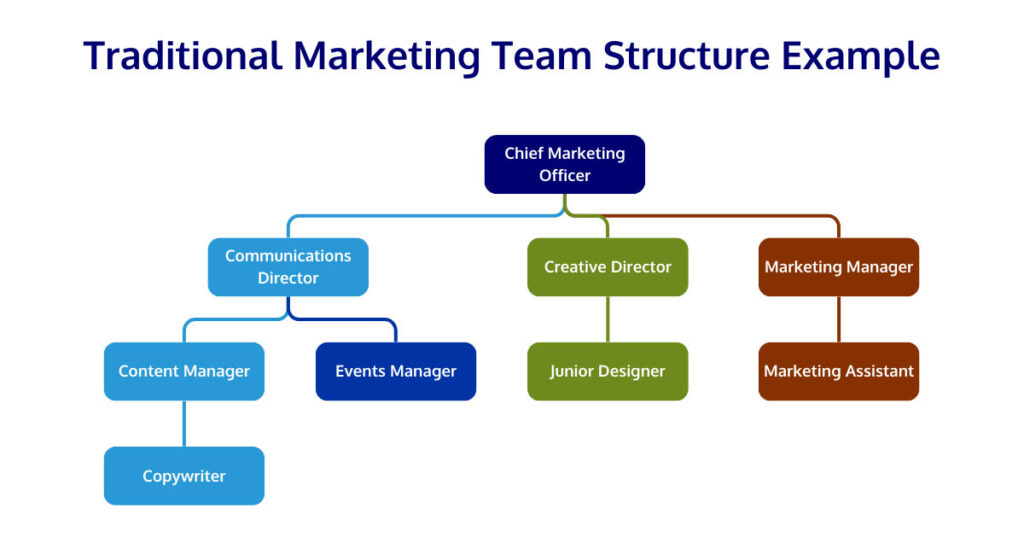
A core competence called “Team Structure” focuses on how an organisation sets up and manages its teams to effectively accomplish its objectives. It entails developing a structure for job descriptions, accountability levels, reporting hierarchies, and work processes that are consistent with the goals of the organisation.
In order to minimise effort duplication and increase productivity, effective team structuring ensures that employees with complementary talents and knowledge interact well. In order to maintain flexibility and responsiveness to changing needs.
This competency may also entail modifying team structures when the organisation changes or encounters new obstacles. This will eventually improve performance and goal achievement.
5. Effective Communication
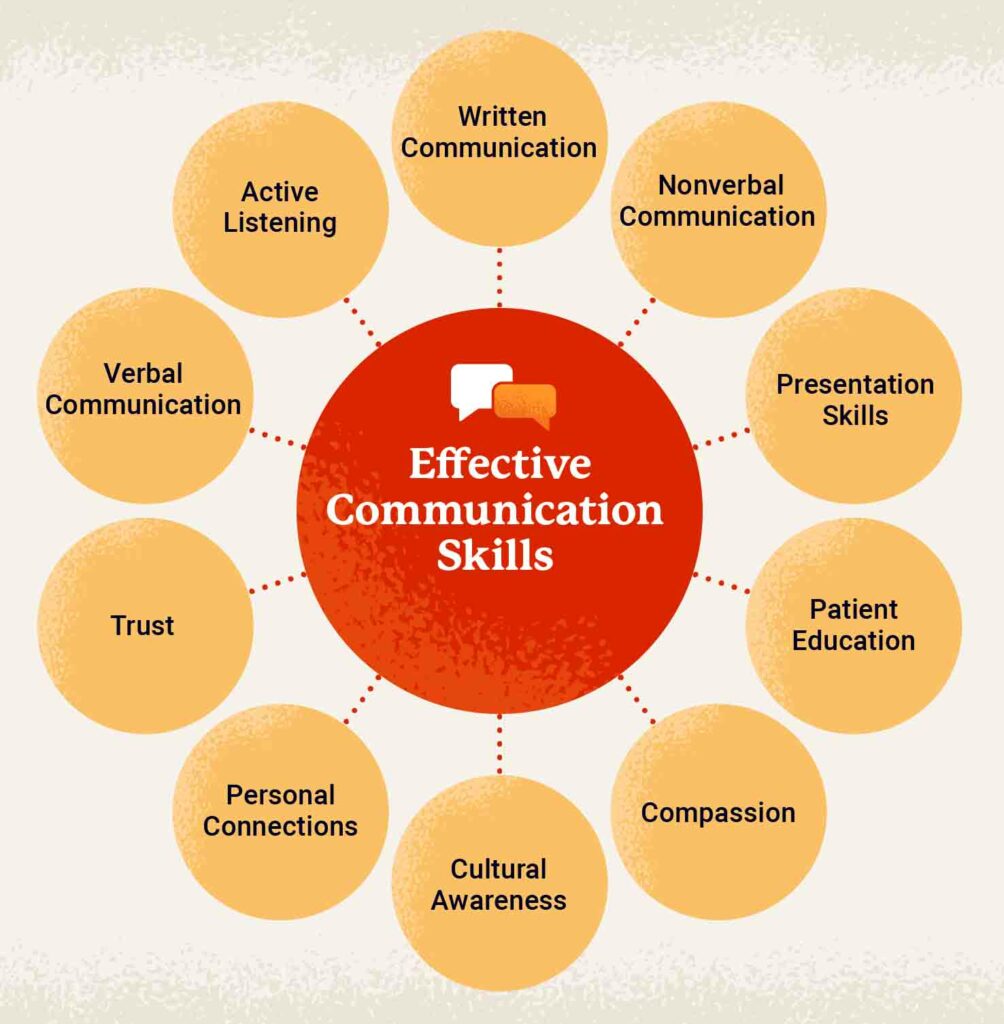
A key core ability that supports many areas of an organisation’s success is effective communication. It requires the capacity to communicate ideas effectively, succinctly, and in a way that connects with the target audience.
Internal and external contacts, including teamwork, consumer relations, and stakeholder involvement, are all included in effective communication. It also entails using suitable communication routes and technologies, as well as active listening and feedback methods.
By fostering a transparent and cooperative culture, reducing misunderstandings and conflicts, and enhancing decision-making procedures, organisations that succeed in this skill ultimately lead to enhanced performance and relationships both inside and beyond the organisation.
6. Continuous Learning
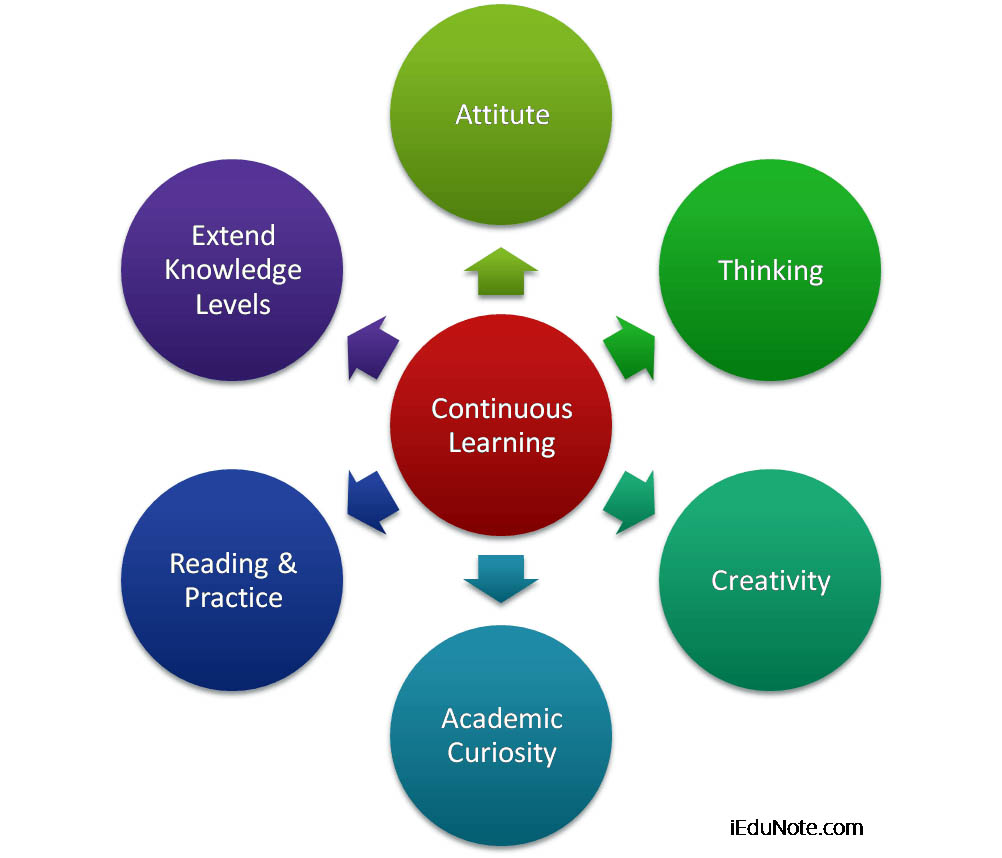
Building a marketing team that consistently surpasses its goals hinges on fostering a culture of continuous learning. Encourage team members to stay updated with the latest marketing trends, attend relevant workshops, and pursue certifications.
Support ongoing education to ensure that your team remains well-versed in industry best practices, emerging technologies, and evolving consumer behaviors.
By investing in their professional development, you empower your team to adapt to changing market dynamics, experiment with new strategies, and stay ahead of the competition, ultimately enabling them to consistently achieve and exceed your marketing objectives.
7. Tools and Technology
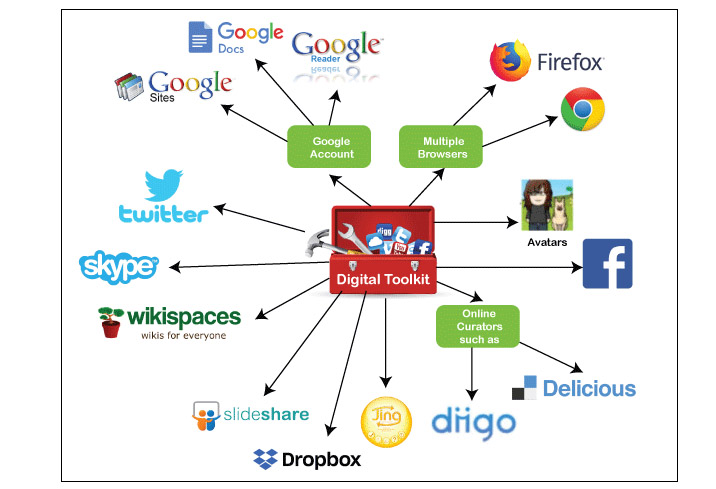
Equipping your marketing team with the right tools and technology is paramount to their success. Provide access to cutting-edge marketing software, analytics platforms, and automation tools that streamline processes, enhance productivity, and facilitate data-driven decision-making.
Tailor your toolset to the specific needs of your team, ensuring they have the resources to execute campaigns efficiently, track performance metrics accurately, and optimize strategies in real-time.
By embracing the right tools and technology, your marketing team can operate with precision, seize opportunities swiftly, and align their efforts effectively to meet and exceed your business goals.
8. Data-Driven Decision-Making
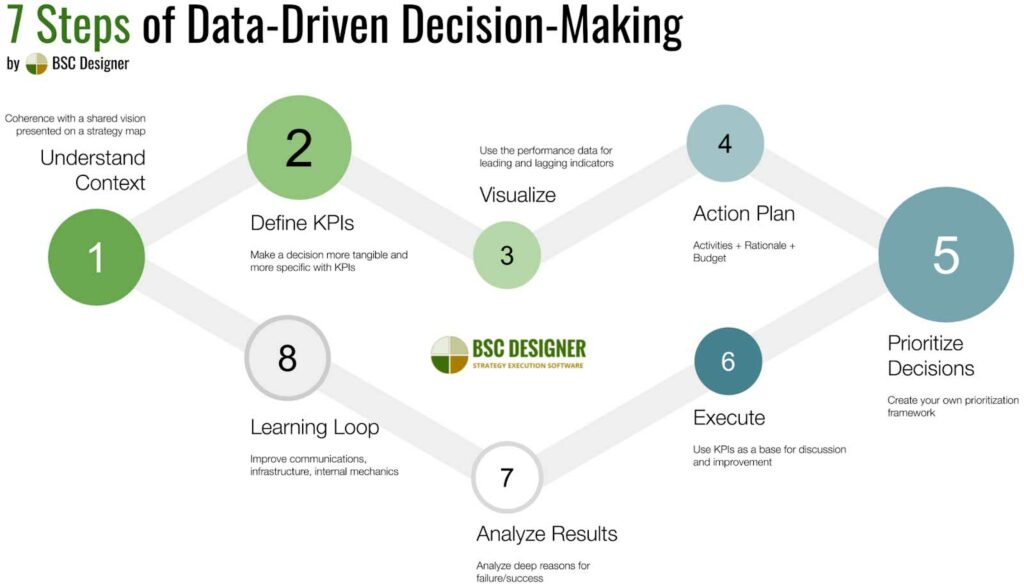
A marketing team that consistently crushes its goals relies on data-driven decision-making as its foundation. Encourage your team to collect, analyze, and derive actionable insights from customer data.
By understanding consumer behavior, preferences, and engagement patterns, your team can fine-tune campaigns for optimal results. Foster a culture of experimentation, where hypotheses are tested, and strategies are adjusted based on data outcomes.
This approach ensures that marketing efforts are well-informed and adaptable, leading to more accurate targeting, improved customer experiences, and, ultimately, the achievement of your marketing objectives with precision and consistency.
9. Performance Measurement
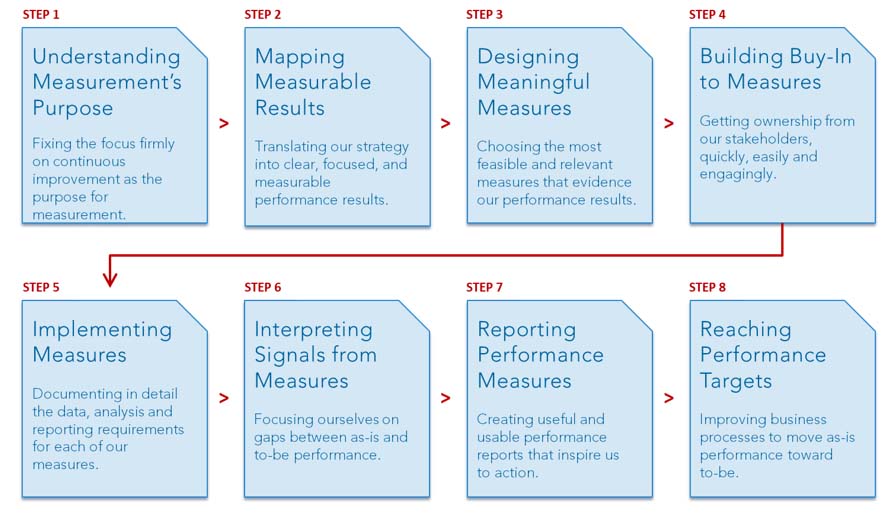
For an organisation to succeed, “Performance Measurement” is a fundamental ability that is essential. It entails developing precise and insightful metrics to evaluate team, organisational, and individual performance in relation to goals and key performance indicators (KPIs).
Developing performance criteria, frequently gathering and analysing pertinent data, and applying the results to influence choices and improvements are all part of this ability.
Effective performance measurement promotes accountability, makes it possible to pinpoint strengths and shortcomings, and enables actions to be coordinated with long-term objectives. Companies that succeed in this ability are better able to respond to changing circumstances, boost productivity, and promote continuous improvement.
10. Culture of Accountability
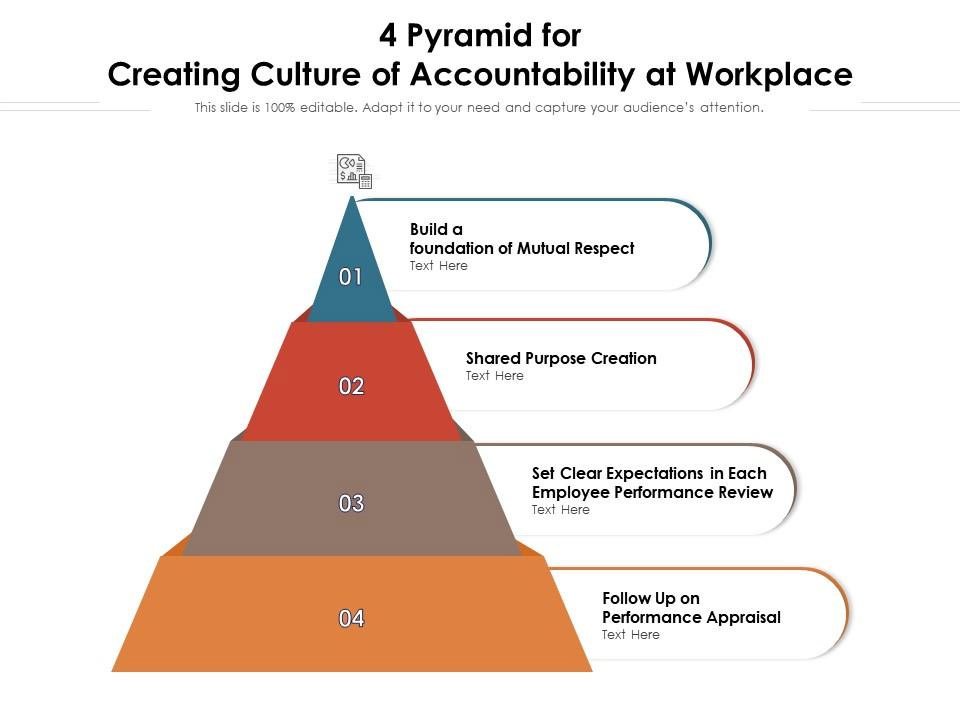
In organisations, a “Culture of Accountability” is a crucial core skill. It involves creating an atmosphere where people at all levels take responsibility for their actions and results, keep their word, and are held accountable.
Transparent expectations, unambiguous roles and responsibilities, and just punishments for accomplishments and mistakes all contribute to the development of this culture. Employee collaboration, goal-setting, and performance improvement are all encouraged by an accountable workplace culture.
As accountability becomes established in their business practices and culture, organisations that foster this capability frequently experience higher levels of employee engagement, better decision-making, and more overall performance.
11. Bonus Tip: Encourage Innovation:

An additional suggestion that supports the previously identified key abilities is to foster creativity. It entails establishing an atmosphere that encourages innovation, experimentation, and creativity.
This ability entails supplying resources, time, and support for innovation initiatives, recognising and rewarding inventive work, and fostering a culture where failure is viewed as an opportunity for learning rather than a setback.
Companies that thrive at fostering innovation can stay ahead of the competition, adjust to shifting market conditions, and create cutting-edge goods and services. An organisation’s ability to innovate equips it to foresee and take advantage of future possibilities and obstacles, fostering long-term growth and success.
Final Thoughts
Now, you know how to build a marketing team that crushes goals is a process that requires dedication, strategic thinking, and a commitment to excellence. By following the steps outlined in this article and taking inspiration from successful Indian brands, you can create a marketing powerhouse that drives your business to new heights. Remember, innovation and adaptability are key in the ever-evolving world of marketing. Start building your dream team today and watch your brand soar.